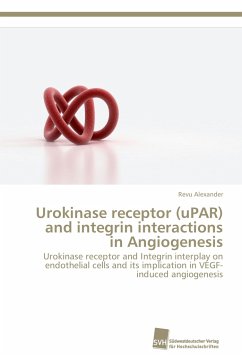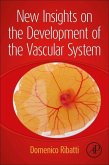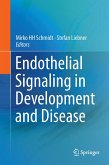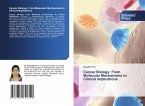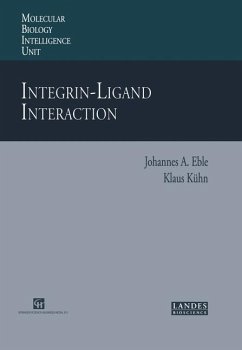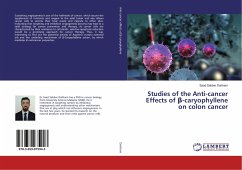This thesis aims at elucidating the essential role played by the urokinase receptor (uPAR) in driving VEGF induced angiogenesis. On the molecular level the formation of blood vessels from preexisting ones requires the coordinated interaction of the protease system which by their degradation of the extracellular matrix facilitates the adhesion receptors of endothelial cells to invoke migration and invasion. Using flow cytometry and immunohistochemistry based techniques we show that the protease receptor uPAR through its interaction with alpha5beta1 integrins funnels VEGF induced signals for angiogenesis. Inhibition of uPAR interaction with integrins not only impedes endothelial cell migration but also in vivo VEGF induced angiogenesis. In effect uPAR could be investigated as a potential target for angiogenesis based drug therapies.
Bitte wählen Sie Ihr Anliegen aus.
Rechnungen
Retourenschein anfordern
Bestellstatus
Storno

